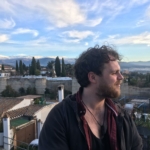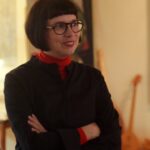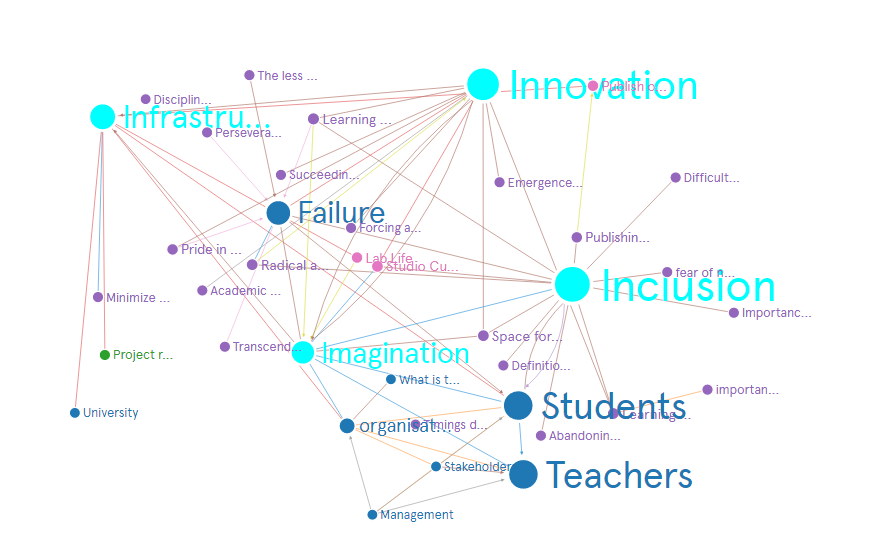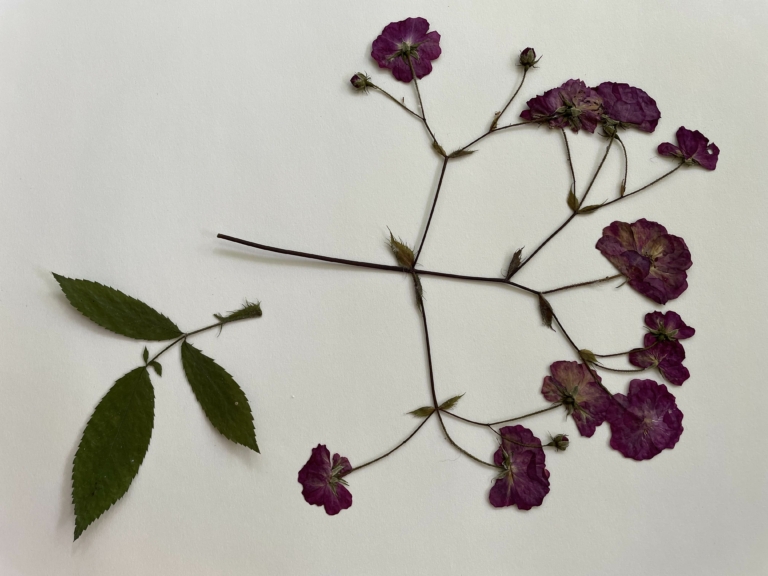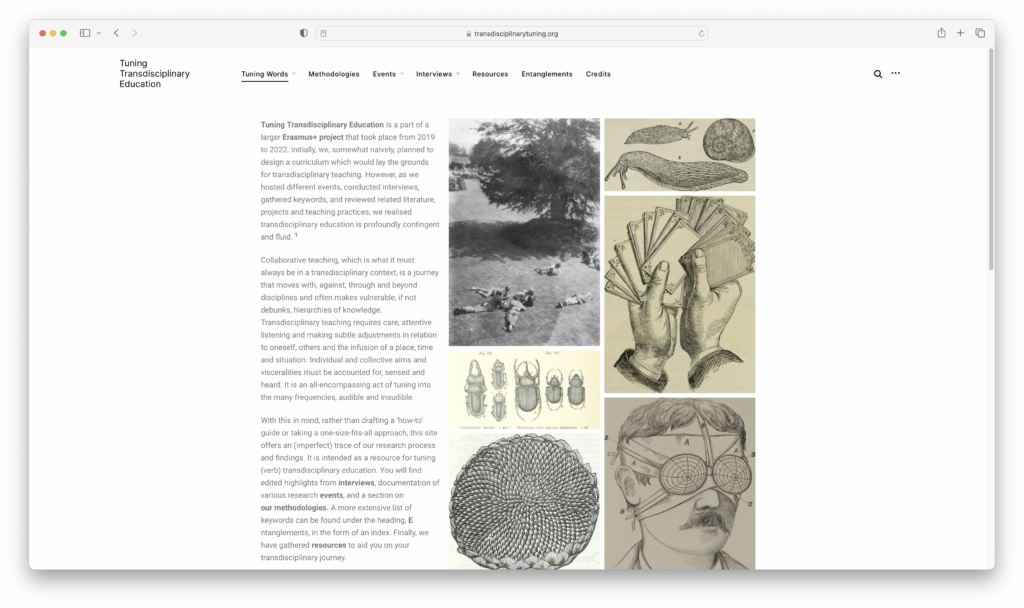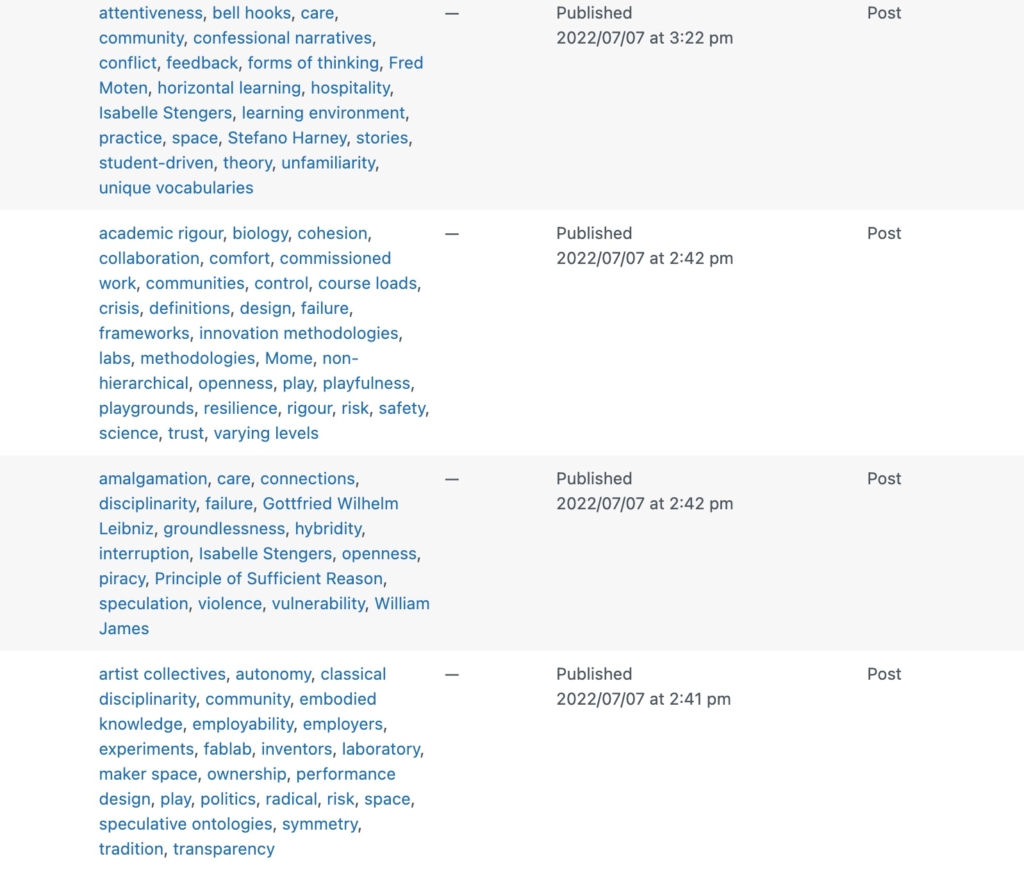- For instance: in the many different ways staff can (and cannot) avail of institutional support structures, in varying funding models, differing levels of expertise available across campuses, the level (and indeed understanding) of the depth of transdisciplinarity that is desired and achievable, myriad assessment models, and many other variables that cannot be captured in a single document.[↩]
- Bowker, Geoffrey C.,Star, Susan Leigh. Sorting Things Out: Classification and Its Consequences (Inside Technology) (p. 10). The MIT Press.[↩]


